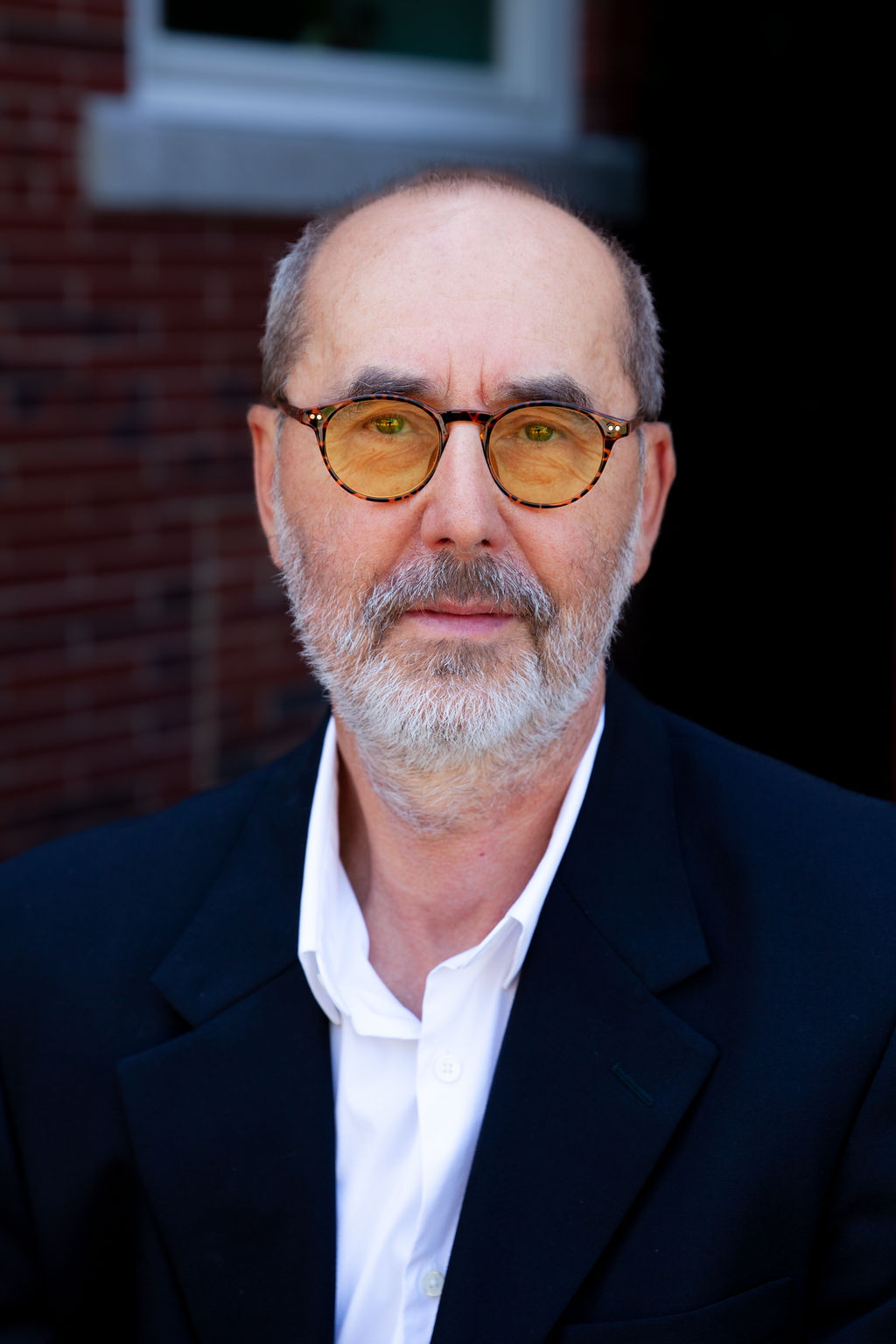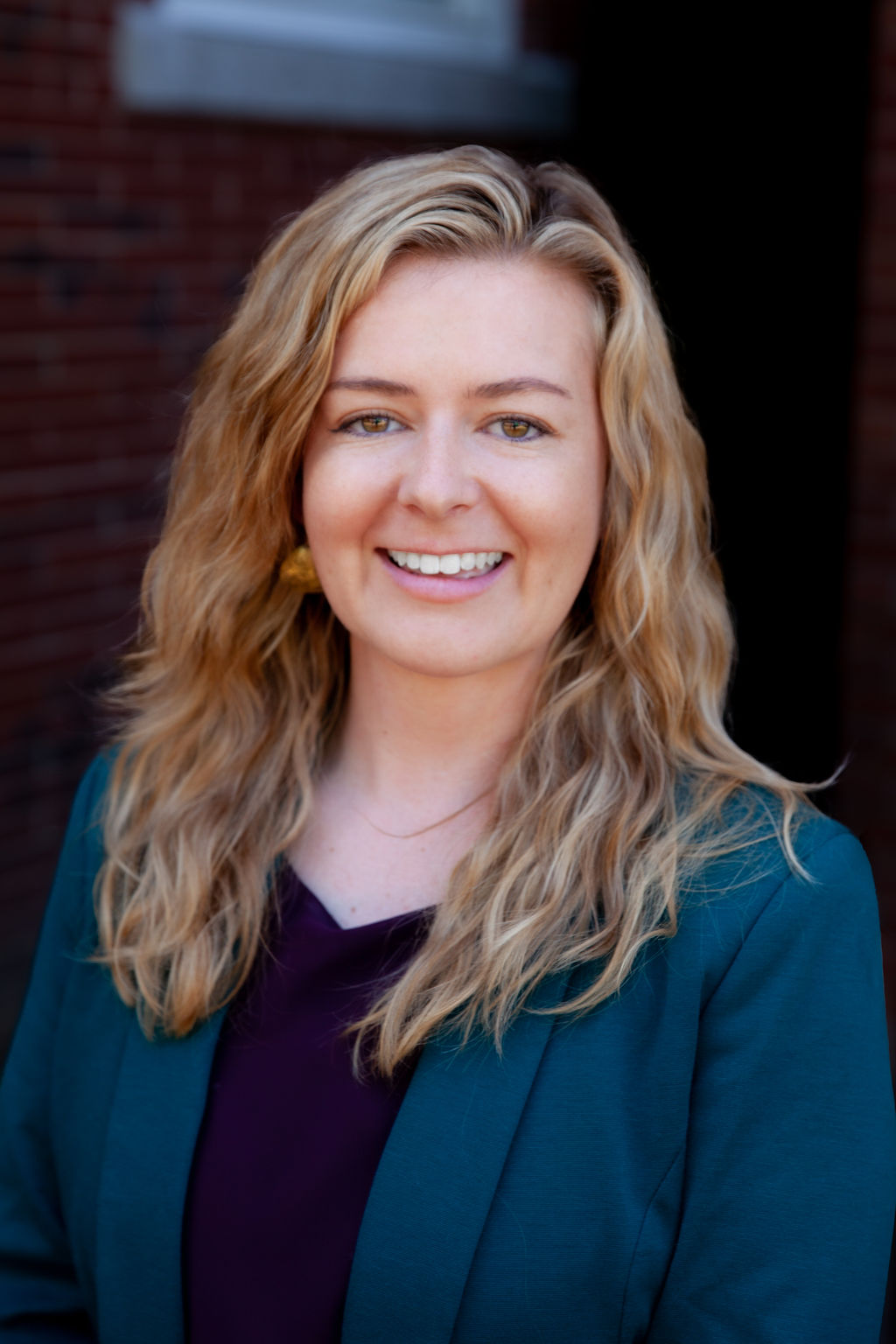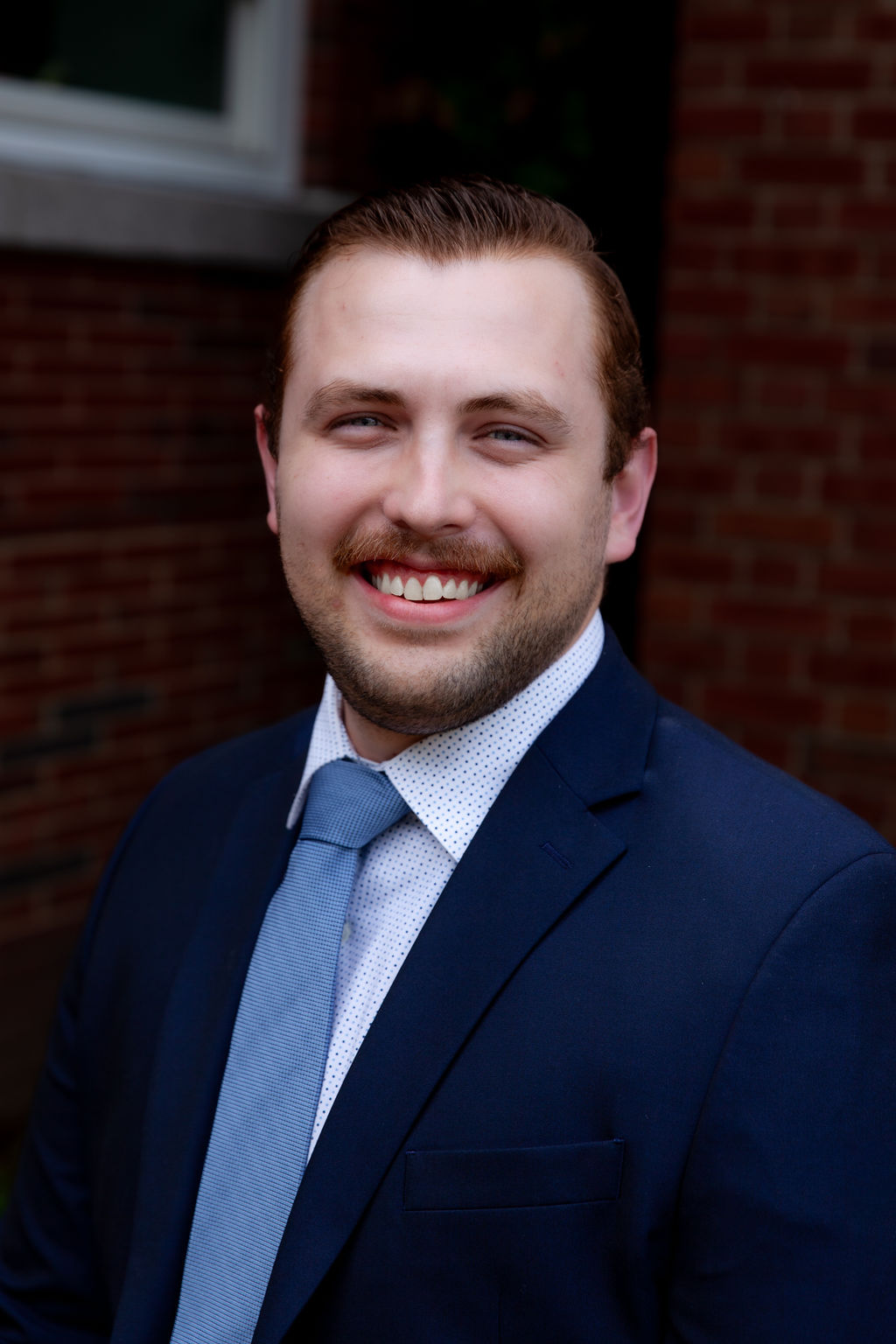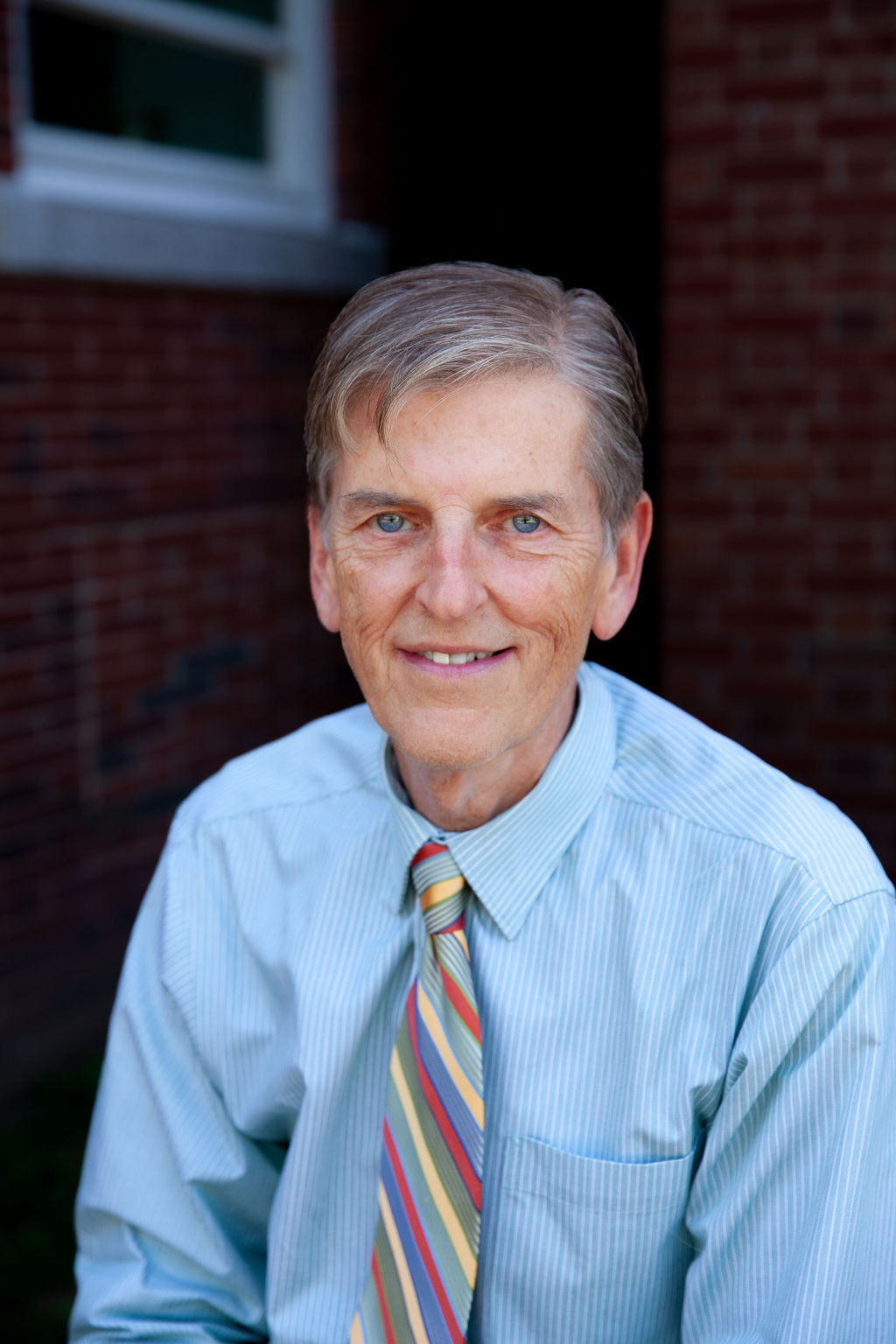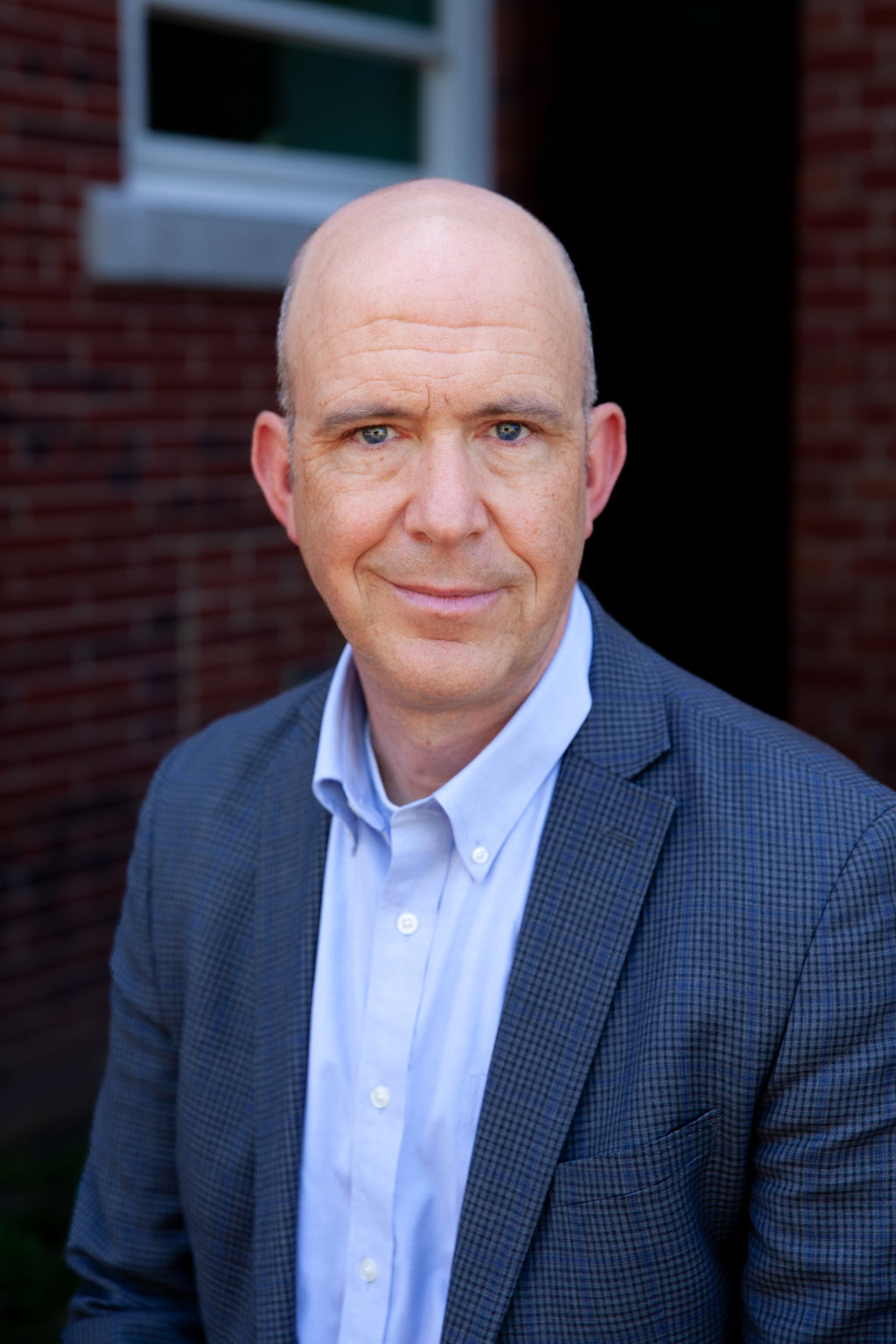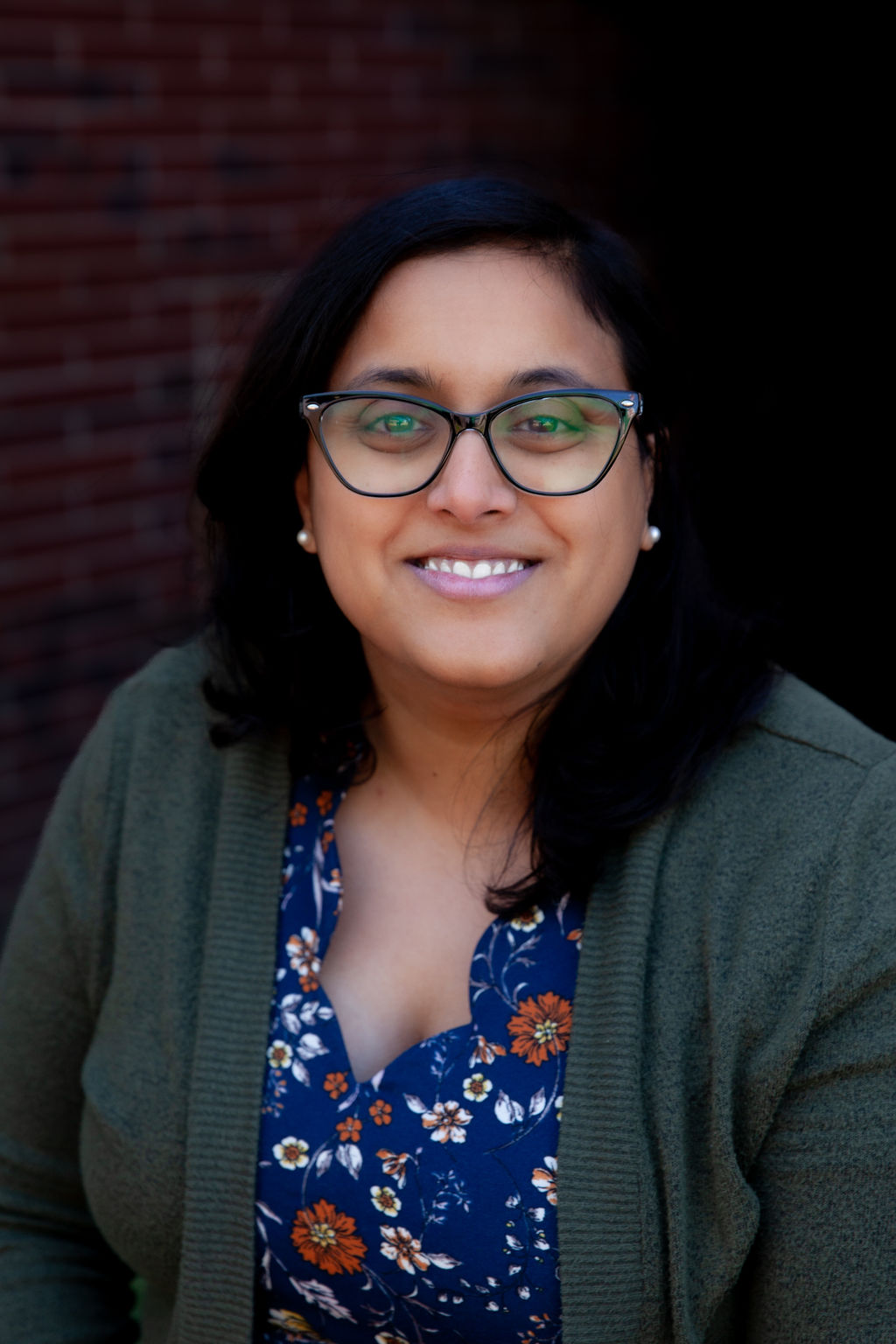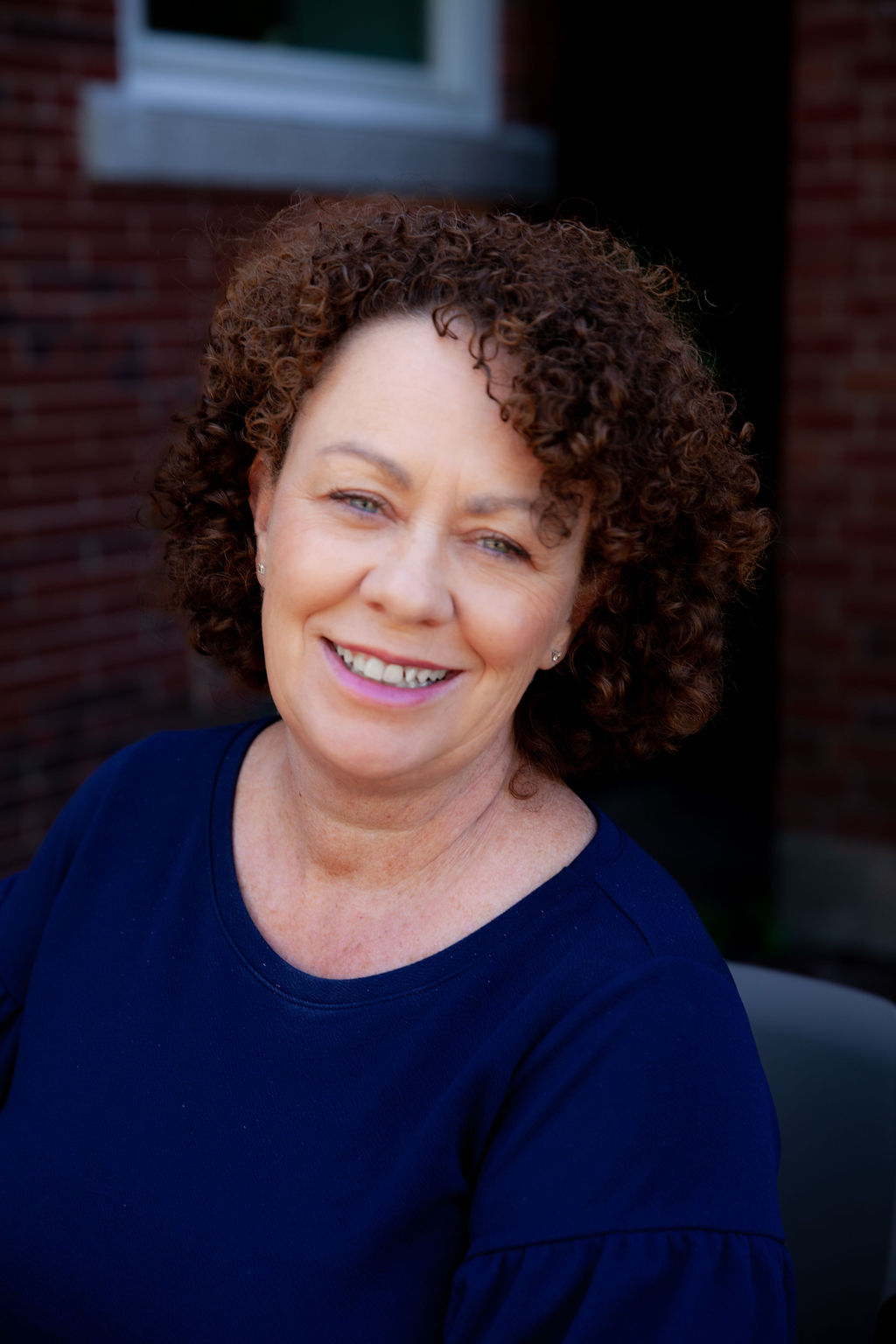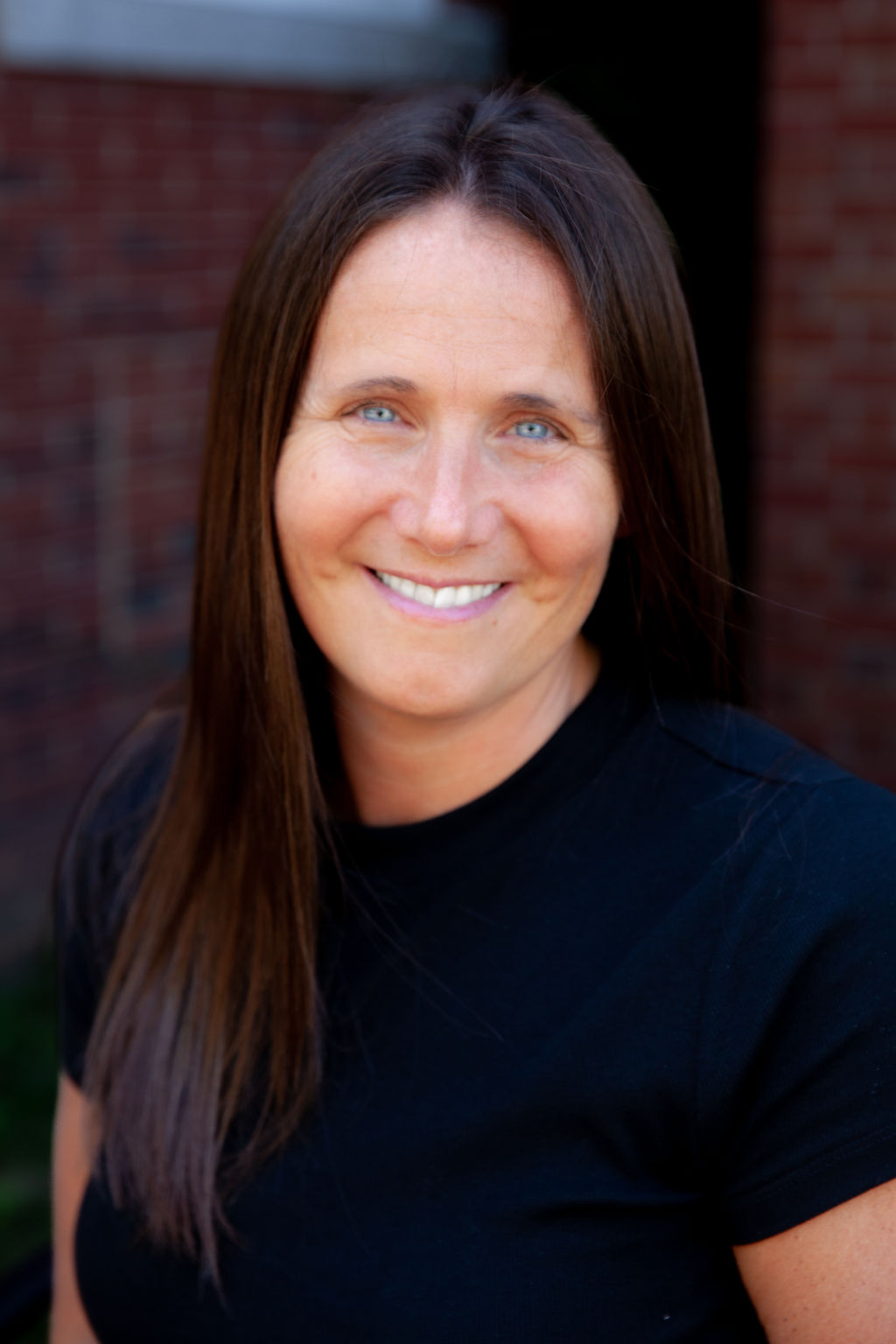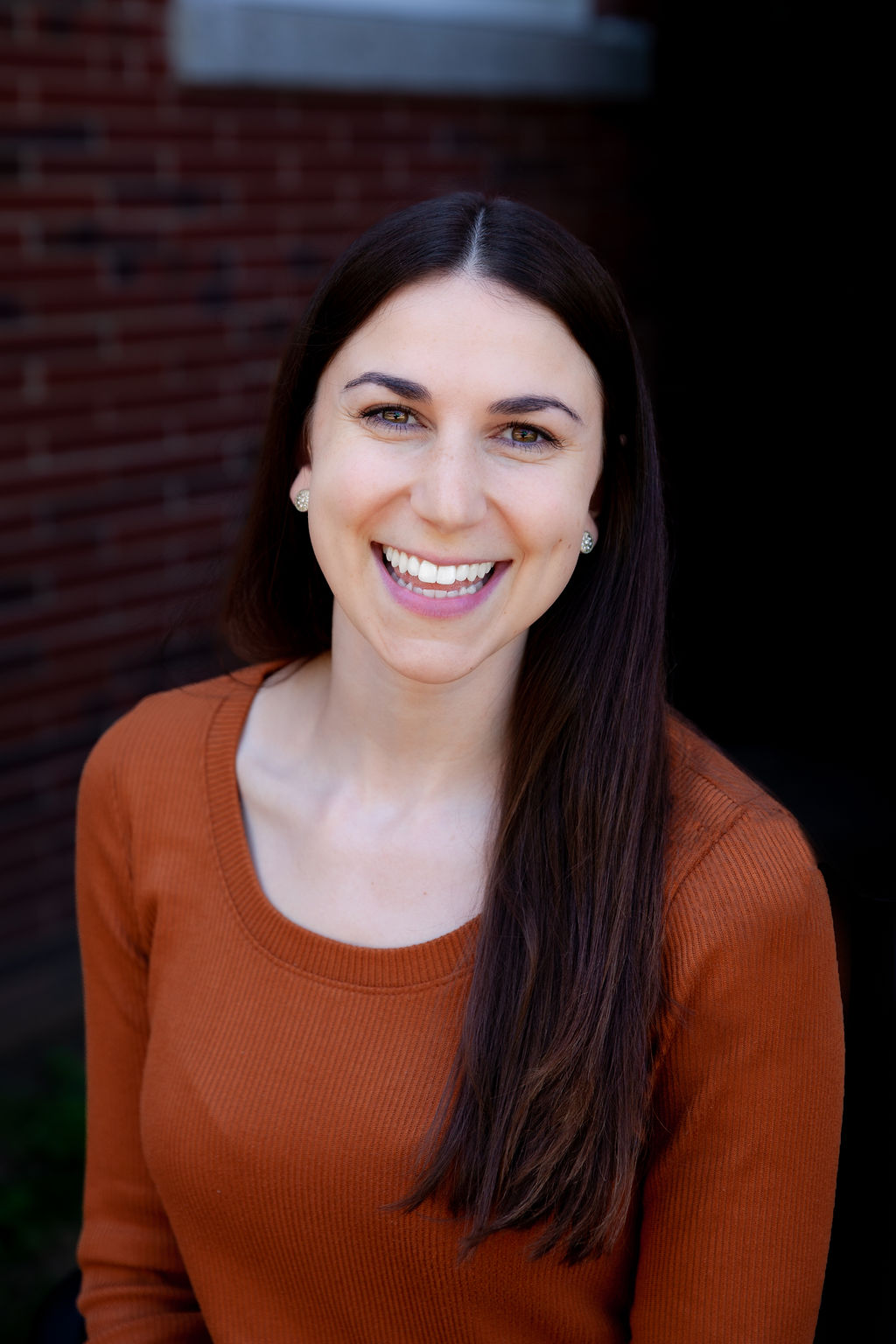At LRMHC, our staff work together using a team-based approach to provide comprehensive care for the best possible patient experience and outcomes. Here are the types of mental health professionals you may encounter when seeking and receiving services:
Psychiatrist: licensed medical doctor who has completed psychiatric training. Psychiatrists can diagnose mental health conditions, provide therapy, and prescribe and monitor medications.
Advanced Practice Registered Nurse (APRN): licensed Registered Nurse (RN) who is qualified to function independently. APRNs perform physical exams, diagnostic tests, monitor or approve treatment plans, and counsel patients. Psychiatric APRNs have completed graduate level training in psychiatry, including in pharmacology. APRNs can prescribe and monitor medications.
Psychiatric Mental Health Nurse Practitioner (PMHNP): trained to provide assessment, diagnosis, and therapy for mental health conditions or substance use disorders, and in NH can prescribe and monitor medications. PMHNPs hold Master of Science (MS) or Doctor of Philosophy (Ph.D.) degrees in nursing with a focus on psychiatry, and board certification in psychiatric nursing.
Counselors, Clinicians, and Therapists
These Master’s-level professionals are trained to evaluate a person’s mental health and use therapeutic treatments and training programs. There are a variety of titles, based on treatment setting:
Clinical Mental Health Counselor (LCMHC): licensed counselors that treat the cognitive, behavioral, and emotional aspects of mental health and substance use conditions through use of evidence-based interventions. Licensing requires completion of an accredited master’s degree program in counseling and 2 to 3 years of supervised counseling practice.
Master Licensed Alcohol and Drug Counselor (MLADC): screens, evaluates, diagnoses, and plans treatment of substance use disorders and co-occurring disorders within the context of treating substance use disorders. MLADCs counsel individuals, groups, families, and significant others. Licensing requires completion of an accredited master’s degree program in counseling and have 2 to 3 years of supervised counseling practice, with additional concentration and specialization in SUD services.
Licensed Clinical Social Worker (LICSW): engages in mental health and psychotherapy practices and collaborates with psychiatric team in the diagnosis and treatment plan. Licensing requires completion of an accredited master’s degree program in social work and 2 to 3 years of supervised counseling practice.
Licensed Clinical Supervisor (LCS): licensed by the NH Board of Licensing to provide the supervision of counseling practices of others required to obtain full licensure. Depending on the treatment setting, can be provided by: LCMHC, MLADC, LCS, psychiatric APRN.
These Bachelor-level professionals are trained to use therapeutic treatments and training programs, based on specialty and treatment setting:
Licensed Alcohol and Drug Counselor (LADC): screens, evaluates, diagnoses, treats, and plans treatment of substance use disorders, and screening and referral of mental health disorders, under clinical supervision. The scope of a LADC does not include co-occurring disorders. Licensure requires an Associate’s degree, with a Bachelor’s recommended.
Certified Recovery Support Worker (CRSW): certified professionals that are trained to provide basic screening of persons with substance use and co-occurring mental health disorders to determine whether further assessment and formal diagnosis is needed, and to make appropriate referrals. CRSWs provide recovery support, mentoring, and education.
Community Case Manager (CCM): coordinates and ensures continuity of services within a multidisciplinary team, works with each caregiver to coordinate care planning, complete comprehensive assessment of needs, develop a case management plan, monitor effectiveness, and ensure linkage to resources within the agency and in the community.
Peer Support Specialist (PSS): a person who is formally trained in best evidence-based practices, and uses their own lived experience of mental illness and/or substance misuse to deliver services in mental health settings to provide mind-body recovery and resiliency.
Therapeutic Support Specialist (TSS): provides support in the community, home, or school setting. Meets with patients, families, and caregivers when they are available. Participates in multidisciplinary teams to support clients in meeting treatment goals.
Other professionals often involved in mental health care:
Psychologist: is trained to evaluate a person’s mental health using clinical interviews, and conducting psychological evaluations and testing. A psychologist holds a doctoral degree in clinical psychology or another specialty in counseling or education. A psychologist holds a doctoral degree in clinical psychology or another specialty in counseling or education. Psychologists can make diagnoses and provide individual or group therapy.
Primary Care Physician: licensed medical doctor who can prescribe medication, but has not completed psychiatric training. Primary care and mental health professionals should, and often do, work together to determine a person’s best treatment plan.
